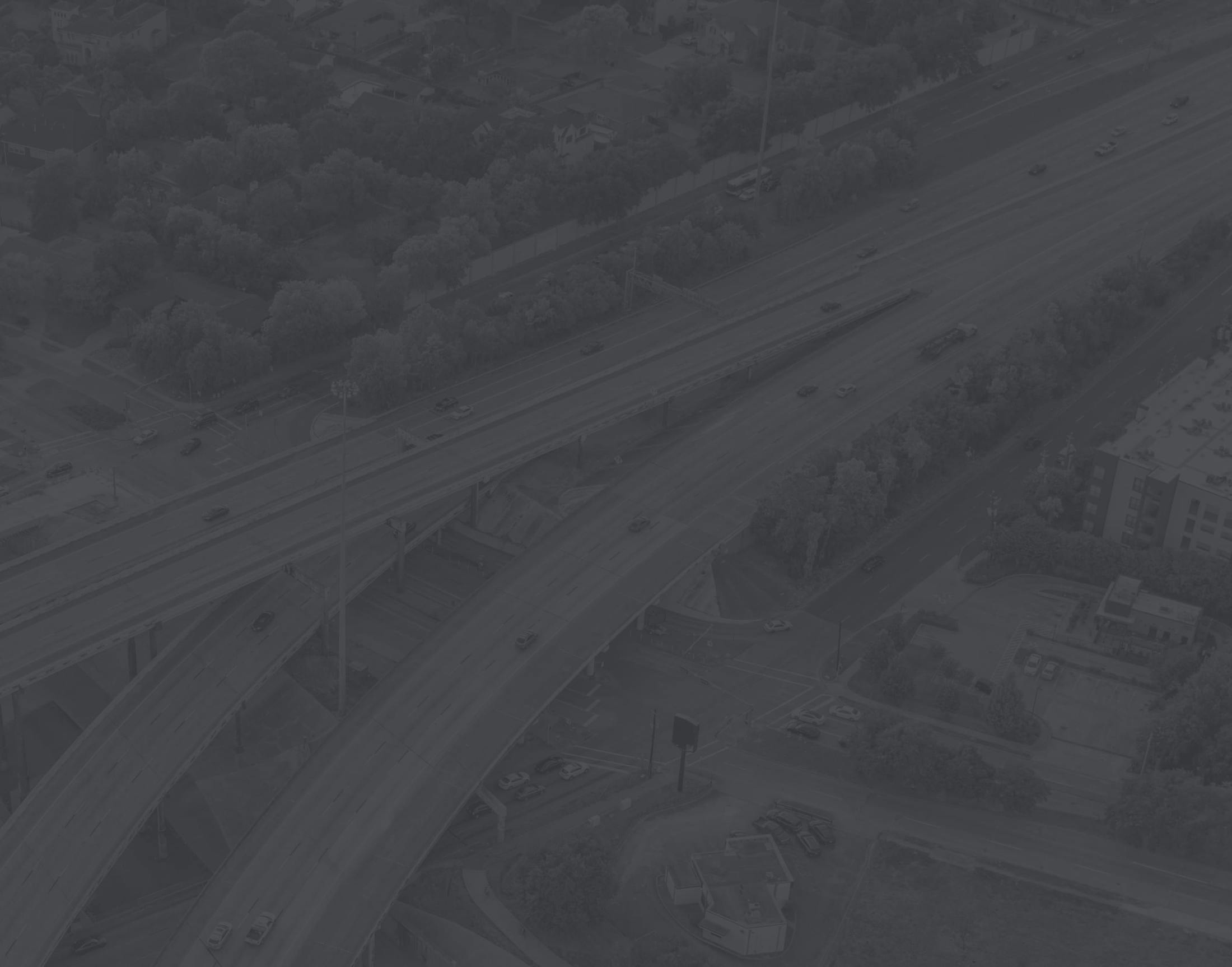Jackknifing
When the driver of a vehicle loses control of the trailer or load they are towing, "jackknifing" may occur. Jackknifing refers to the forward movement of the vehicle while the trailer swings radically, forming an "L" or "V" shape with the vehicle. In the event of a jackknifing scenario, the trailer may swing into surrounding lanes and cause accidents. Common reasons for jackknifing include speeding, abrupt turns, and poor brakes. Inclement weather conditions can also increase the risk of jackknifing.
Truck Rollovers
Truck rollover accidents are extremely devastating and can result in traumatic injuries and fatalities among the driver, other passenger vehicles, motorcyclists, bicyclists on the road, and even pedestrians. Common causes of truck rollover accidents include improper cargo loading, excessive weight, uneven weight, cargo spills, speeding, distracted driving, fatigue, driving while under the influence, poor commercial vehicle maintenance, defects due to truck manufacturer negligence, and dangerous road conditions.
Tire Blowout
Blowouts occur when a tire bursts or explodes. When this happens, the driver can lose control of their vehicle, debris from the tire can pose a road hazard for other drivers, and the truck could roll over–all of which can result in severe injuries or fatalities. Signs that a tire may blow out include shedding, bulges, and vibration while driving. In most instances, tire blowout accidents can be prevented with proper truck maintenance inspections and repairs.
Wide Turn
Due to their size, trucks require a sufficient amount of space to complete a turn without compromising the safety of others. Although they are trained to operate such large vehicles, truck drivers can collide with other passenger vehicles when attempting to make left and right-hand turns. Signs of negligence while performing a wide turn include failure to check blind spots, failure to use turn signals, and lack of judgment when determining if it is safe to turn.
Blind Spots
Blind spots make it difficult for truck drivers to see those traveling next to them. This is also true for motorcycles, cyclists, and pedestrians. Common blind spots include in front of the truck’s cab, on the left and right of the trailer, and in the back. When a truck driver experiences reduced visibility, an accident is not uncommon. Truck drivers need to drive responsibly and be aware of their surroundings. Other drivers should avoid tailgating and driving in those blind spots.
Rear-End
A rear-end collision occurs when one vehicle crashes into the back of another vehicle. Trucks can often rear-end another passenger vehicle if that driver fails to change lanes safely or completes an unsafe pass in a high-traffic area, providing the truck driver with no time to stop. However, truck drivers can drive negligently, which can include engaging in unsafe driving behaviors such as speeding, texting, eating, mishandling the road with regard to weather conditions, or mechanical failure.
Lost Load
Before a truck driver begins a trip, they must follow the regulations set out by the Federal Motor Carrier Safety Administration (FMCSA), which includes performing a thorough inspection to ensure that the cargo is properly loaded, distributed, and secure. When a load is not secure, catastrophe can strike. The cargo can spill or fall into oncoming traffic, resulting in serious injuries or even wrongful death of drivers and passengers traveling close by.
Head-On Collisions
Head-on collisions are the aftereffects of the front of two vehicles crashing into one another while driving in opposite directions. The impact of a truck colliding with a passenger vehicle can cause serious damage and traumatic injuries that can even prove to be fatal. Head-on accidents are often consequences of distracted driving, fatigue, driving while under the influence of drugs or alcohol, poor weather conditions, making too wide of a turn, road hazards, and more.








